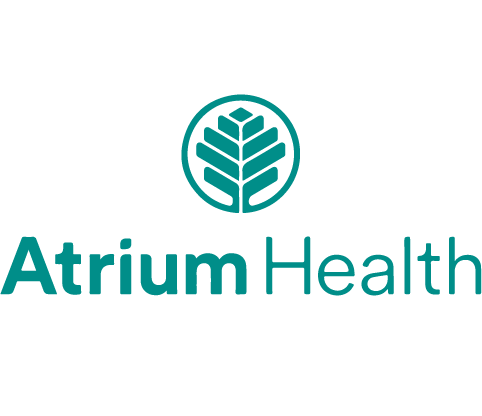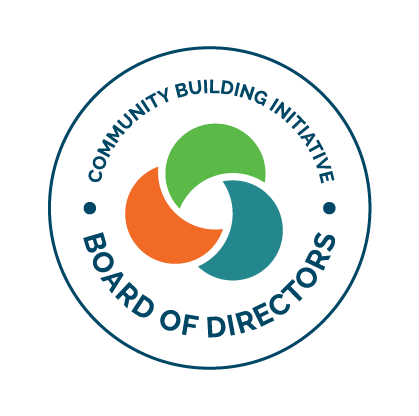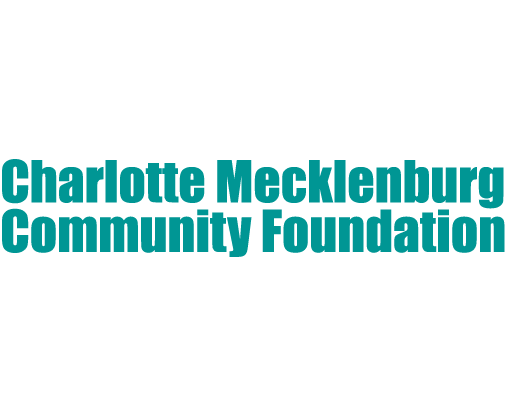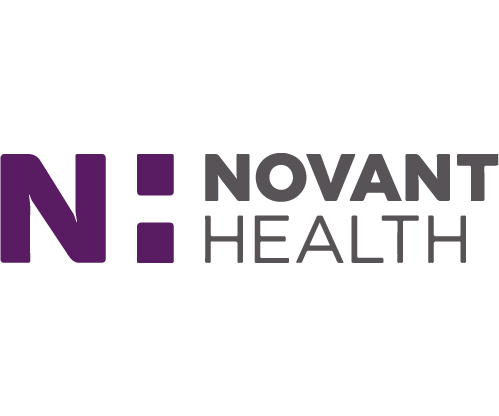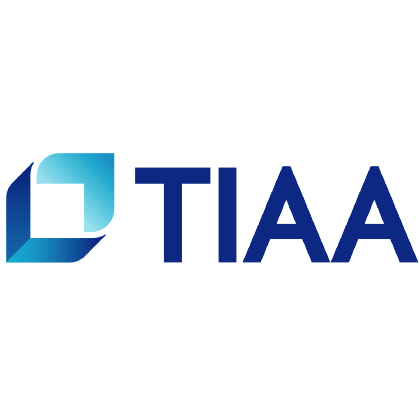CBI Charlotte has made the decision to conclude its Leadership Development Initiative (LDI) program, which has been instrumental in equipping leaders to promote inclusion and equity in Charlotte-Mecklenburg for over two decades. Read more about the close-out HERE.
Leadership for Equity Capacity (LEC) is intended to build on the solid foundation established by LDI and carry on CBI’s commitment to excellence in its leadership development offerings.
Stay tuned for more details on this exciting transition.
Leadership Development Initiative (LDI) is an organizational change program designed to support senior staff and/or board members of non-profit, for-profit, and public organizations in the leadership role they and their organizations have to actively promote inclusion and equity in Charlotte-Mecklenburg. The program addresses dimensions of diversity such as race, ethnicity, gender, socio-economics, religion, sexual orientation, and more.
LDI focuses on leadership for both individuals and organizations. While LDI provides a deep personal development journey, its primary focus is on organizational change, and individuals are expected to apply the skills gained in LDI to strengthen the organization they represent. Becoming an “LDI organization” means making a commitment to support CBI’s mission, work toward the goals of LDI and identify participants over a period of years. LDI graduates, in turn, become key resources for each other, their organization(s), the community, and for CBI as part of a network of “influencers.” Since the program’s inception in 2001, 488 people from 39 organizations have participated in LDI.
LDI utilizes a variety of experiential and interactive methodologies to support the following focus areas:
- Inclusion and Equity: Conceptual Framework, Issues/Topics related to Structural Exclusion
- Influencing & Leadership Skills: Personal Assessment, Styles of Influencing, Tools and Skills for Influencing at the Individual, Group, Organizational and Community Levels
- Community & Relationship Building: Engagement, Support, and Challenge among Participants as a Model for Building Community and Trust
- Local, State & National Context: Historical Perspectives / Current & Future Challenges for Inclusion & Equity
PERSONAL: Individual leaders with the knowledge, skills and courage for influencing inclusion and equity, and a network of resources and support for those leaders.
ORGANIZATIONAL: Organizations better able to develop practices, strategies and programs for inclusion and equity, both in their own internal systems and in the parts of the community they influence.
COMMUNITY: Stronger network of individuals and organizations making up a connected community, with commitment to and capacity for building a more equitable and just Charlotte-Mecklenburg.









